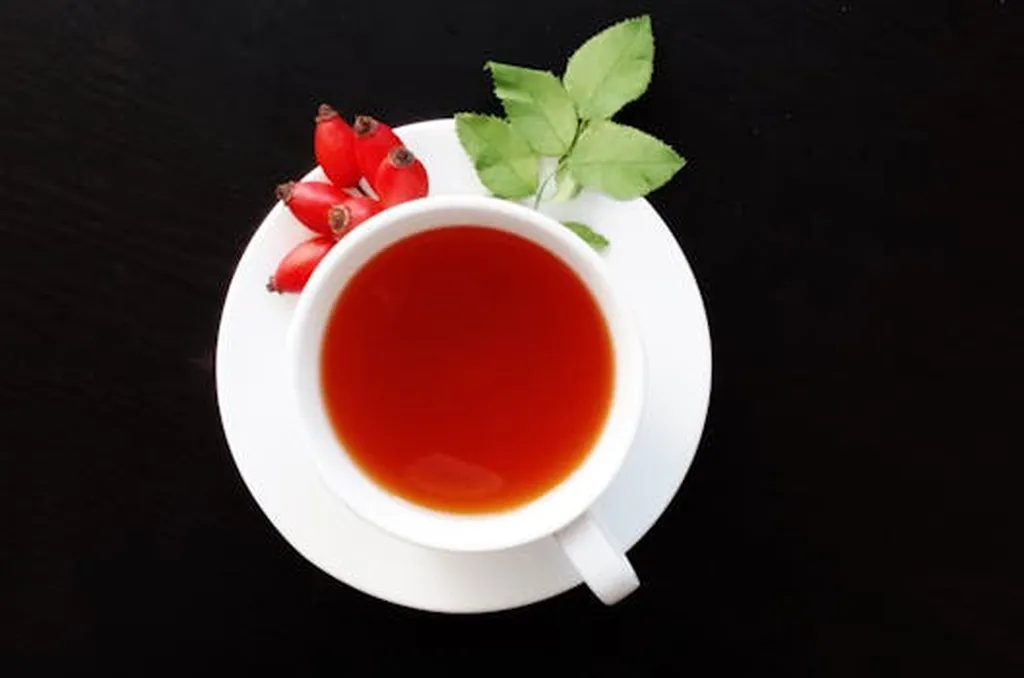In the lush highlands of Batu, East Java, a humble beverage is gaining attention for its potential to do more than just please the palate. Rose tea, long cherished for its delicate aroma and soothing qualities, is now under the microscope for its potential health benefits, offering a promising avenue for the agriculture sector. A recent study published in *Cogent Food & Agriculture* has shed light on the multifaceted advantages of rose tea, bridging the gap between sensory pleasure and physiological benefits.
The research, led by Igoy Bimo from the Department of Food Technology and Agricultural Products at Universitas Negeri Surabaya, employed a comprehensive approach to evaluate rose tea. Sensory analysis, chemical profiling, and even in silico investigations were used to uncover the tea’s potential. Forty-three untrained panelists aged 20–24 years participated in the sensory evaluation, rating the tea on a 5-point hedonic scale. The preparation dried at 80°C for three hours emerged as the favorite, praised for its floral aroma, balanced taste, and appealing color.
“This preparation not only tasted better but also showed promising health benefits,” Bimo noted. The chemical analysis of this preferred sample identified key compounds like benzeneacetaldehyde, nonanal, and n-hexadecanoic acid, which are linked to both sensory attributes and biological activity. Molecular docking suggested that these compounds might interact with the angiotensin-converting enzyme C-domain and stress-related targets, hinting at potential antihypertensive and stress-allevating properties.
Short-term physiological assessments supported these findings, showing reductions in heart rate and perceived stress comparable to those induced by L-theanine, a well-known stress-relief compound. “The same compounds that make rose tea appealing to consumers might also contribute to its health benefits,” Bimo explained. This dual advantage could be a game-changer for the agriculture sector, offering farmers a high-value crop that appeals to both the senses and health-conscious consumers.
The study’s findings open up new possibilities for the agricultural industry. With the growing demand for functional foods and beverages, rose tea could become a lucrative crop for farmers in regions like Batu. The potential to market rose tea as a nutraceutical beverage—one that offers both sensory pleasure and health benefits—could drive demand and support sustainable farming practices.
However, the study is not without its limitations. The focus on a narrow demographic, reliance on short-term and computational measures, and the absence of clinical validation mean that more research is needed. Broader and longer-term studies are required to substantiate the efficacy of rose tea as a nutraceutical beverage. Nevertheless, the results are promising and could pave the way for future developments in the field.
As the agriculture sector continues to evolve, the integration of sensory science and health benefits offers a compelling narrative for farmers and consumers alike. Rose tea, with its delicate aroma and potential health benefits, could be a beacon of opportunity in this ever-changing landscape. The research led by Bimo and his team not only highlights the potential of rose tea but also underscores the importance of interdisciplinary approaches in agricultural research. With further validation, rose tea could become a staple in the nutraceutical market, benefiting both farmers and health-conscious consumers.

